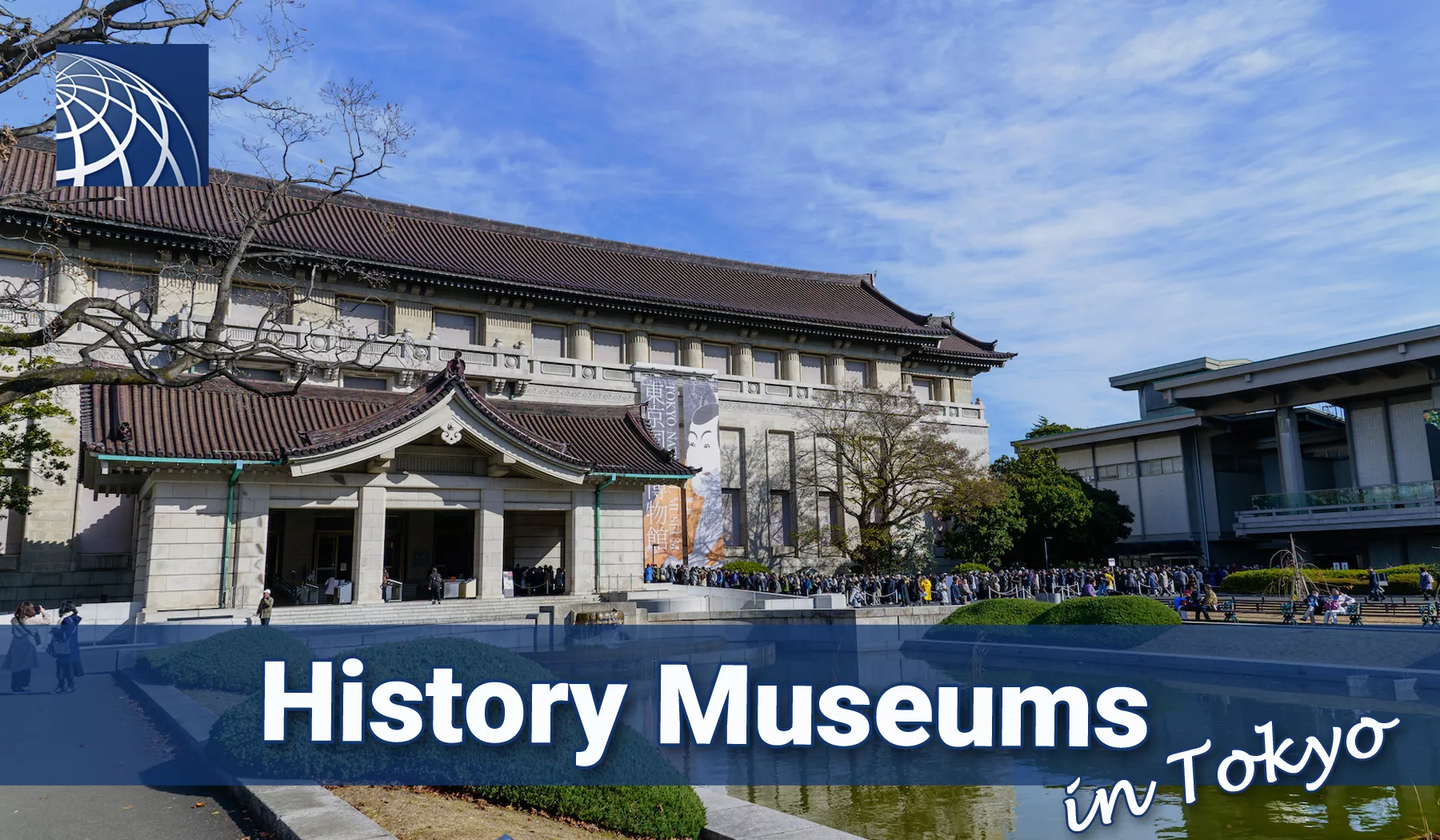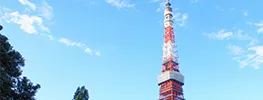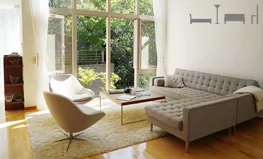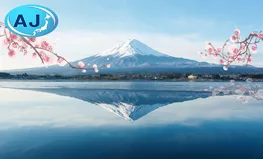History Museums in Tokyo

Museums are probably the best place to learn about the history of Japan and Tokyo. You can see things that were actually used in those days and get a feel for what it was like back then. Here we introduce some museums in Tokyo that are related to history.
History Museums in Tokyo
1. Ancient Orient Museum
The purpose of the museum is to carry out research and surveys on the ancient Orient, and at the same time to collect, store and display materials related to the ancient Orient, and to make these available to researchers, thereby contributing to the improvement and development of academic culture. The museum houses approximately 5,000 items of material from the Palaeolithic to the Sassanid period, mainly from West Asia and Egypt, as well as a large number of artifacts excavated in Syria.
A: Sunshine City Bunka-kaikan 7th floor, Higashi-Ikebukuro 3-1-4, Toshima-ku, Tokyo
https://aom-tokyo.com/english/
2. Edo-Tokyo Museum
* The Edo-Tokyo Museum is entirely closed from 1 April 2022 until the Spring of 2026 for major renovations.
Located in Shitamachi, Tokyo’s old downtown area, the Edo-Tokyo Museum is highly recommended for people new to Japan or Tokyo. Inside the museum, you’ll find a life-sized replica of the Nihonbashi Bridge, which is also a great spot for selfies. At the end of the bridge, there are many intricate dioramas depicting life during the Edo (Tokugawa) era. Lifelike scale models show how people lived, worked, and celebrated seasonal festivals.
The exhibits continue to illustrate the progression of history through the Meiji Restoration and Japan’s transition into the modern era from the age of the samurai. Combined with a visit to Ryogoku, the surrounding neighborhood where you can see a sumo match or simply stroll around the nostalgic streets, this museum is undoubtedly one of the must-see spots in Tokyo.
A: 1-4-1 Yokoami, Sumida-ku, Tokyo
https://www.edo-tokyo-museum.or.jp/en/
3. Edo-Tokyo Tatemono En
As far back as the Edo period, Tokyo has lost many valuable historical buildings due to fires, floods, earthquakes, and wars. Today, the city’s remaining cultural architecture continues to disappear because of ongoing social and economic changes. In 1993, the Tokyo Metropolitan Government established the seven-hectare Edo-Tokyo Open-air Architectural Museum as part of the Edo-Tokyo Museum.
This museum aims to relocate, reconstruct, preserve, and exhibit historical buildings of great cultural value that could not be preserved in their original locations, so that they can be passed down to future generations.
3-7-1 Sakuracho, Koganei-shi, Tokyo
https://www.tatemonoen.jp/english/
4. Japanese Sword Museum
If you are interested in Japanese sword-making techniques, the evolution of Japanese swords, or simply love the Japanese katana, the Japanese Sword Museum is the perfect place to visit. This museum guides you through the history of Japanese swords from ancient times to the present day, showcasing 152 items, including National Treasures forged by master swordsmiths.
In addition to swords, you can see samurai armor, other weapons used by samurai warriors, and works by renowned swordsmiths from the Heian to Edo eras (A.D. 782–1867). Altogether, there are about 1,500 sword-related artifacts on display, offering a fascinating insight into Japan’s samurai heritage.
A: 1-12-9,Yokoami, Sumidaku, Tokyo
https://www.touken.or.jp/english/
5. Kokugakuin University Museum
The Kokugakuin University Museum was established to collect and preserve cultural assets essential for studying Japanese culture, to share the results of academic research with the public, and to support research and educational activities both on and off campus.
In its regular exhibitions, visitors can deepen their understanding of Shinto and Japanese culture by exploring the history of the Japanese archipelago from an archaeological perspective.
A: 4-10-28 Higashi, Shibuya-ku, Tokyo
http://museum.kokugakuin.ac.jp/en/
6. Meiji University Museum
When you visit the museum, you can catch a glimpse of everyday life as it once was, and feel the presence of those who came before us. We hope your visit will offer you a place of curiosity and peace, becoming part of your “new everyday life.”
The museum is divided into three main departments: the Archaeology Department, which focuses on humankind and history; the Criminal Materials Department, exploring law, people, crime, and punishment; and the Commodity Department, showcasing a wealth of traditional designs.
A: 1-1 Kanda-Surugadai, Chiyoda-ku, Tokyo
https://www.meiji.ac.jp/cip/english/institute/facilities/museum.html
7. Memorial Museum for Soldiers, Detainees in Siberia, and Postwar Repatriates
The Memorial Museum for Soldiers, Detainees in Siberia, and Postwar Repatriates seeks to deepen public understanding of the hardships faced by soldiers, post-war internees, and repatriates from overseas during the last war. The museum displays a wide range of original documents, graphics, films, and dioramas that vividly and accessibly portray their experiences—even for generations who did not live through the war.
In addition, the museum organizes exhibitions and activities nationwide to effectively utilize these materials and to share the stories of labor and suffering broadly and meaningfully.
33rd floor, Shinjuku Sumitomo Building 2-6-1, Nishi-Shinjuku, Shinjuku-ku, Tokyo
https://www.heiwakinen.go.jp/english-index/
8. Omori Nori (seaweed) Museum
This museum is dedicated to preserving the history of seaweed farming and traditional life techniques. It offers visitors the chance to learn about seaweed, including how it is cultivated and the methods used in the past.
A: 2-2 Heiwanomori Koen, Ota-ku, Tokyo
https://www.norimuseum.com/english/
9. Showa-Kan : National Showa Memorial Museum
The Showa Museum collects, preserves, and displays historical documents and information about the hardships faced by the people of Japan—especially the families of war dead—during and after the war (circa 1935 to 1955). It offers future generations the opportunity to learn about these difficult times.
A: 1-6-1 Kudan Minami, Chiyoda-ku, Tokyo
https://www.showakan.go.jp/pdf/showakan_en.pdf (EN)
https://www.showakan.go.jp/ (JP)
10. Tsubouchi Memorial Theatre Museum, Waseda University
The Theatre Museum houses a valuable collection of theatrical and visual materials from Japan and around the world. Its vast archive contains approximately one million items, including 48,000 nishiki-e (woodblock prints), 400,000 stage photographs, 270,000 books, 80,000 theatre-related materials such as leaflets and programmes, and 159,000 natural history items such as costumes, puppets, letters, and manuscripts, along with other rare books and audio-visual materials.
In 1987, the museum was designated a Tangible Cultural Property by Shinjuku City. It supports research not only for theatre and film artists but also for scholars in fields such as literature, history, clothing, and architecture.
A: 1-6-1 Nishi-waseda, Shinjuku-ku, Toky
https://www.waseda.jp/enpaku/en/
11. Tokyo National Museum
This is Japan’s oldest national museum and boasts the largest art collection in the country, with over 110,000 objects including artworks, archaeological finds, books, photographs, and more. Among its treasures are 87 Japanese National Treasures and 610 Important Cultural Properties. The museum hosts various special exhibitions simultaneously, along with events, lectures, and symposiums on topics ranging from washi (Japanese paper) to Zen art. There’s sure to be something to capture your interest.
Conveniently located within the spacious Ueno Park, the museum also features two restaurants, a coffee shop, and a souvenir shop where you can find unique gifts that reflect Japan’s rich culture and history.
A: 13-9 Uenokoen, Taito-ku, Tokyo
https://www.tnm.jp/?lang=en
12. Tokyo Waterworks Historical Museum
The Tokyo Waterworks Historical Museum, operated by the Tokyo Metropolitan Waterworks Bureau, explores the fascinating history of the city’s water supply system. Tokyo’s waterworks date back to the early seventeenth century when Ieyasu Tokugawa established the Edo shogunate. During the Edo Period, the water supply system, known as “Josui” (clean water), provided water drawn from wells for drinking and daily use. This water was transported through conduits made of stone or wood.
A: 2-7-1 Hongo, Bunkyo-ku, Tokyo
https://www.suidorekishi.jp/en/
13. Yushukan Museum
The Yushukan is a Japanese military and war museum located within Yasukuni Shrine in Chiyoda-ku, Tokyo. It exhibits a wide range of materials related to war losses and military activities, covering the period from the Satsuma Rebellion to the Greater East Asia War.
A: 3-1-1 Kudankita, Chiyoda-ku, Tokyo
https://www.yasukuni.or.jp/english/yushukan/index.html
More Museums, Art Galleries, and Places for Children
There are also many other museums in Tokyo, including Art Museums and Galleries, Tokyo Art Exhibitions, Science Museums, and numerous other museums throughout Japan.

- Rental Apartments & Houses in Tokyo
- Listings of popular and luxurious rental apartments, condominiums, and houses designed with expats in mind.

- Apartments & Houses for Sale in Tokyo
- Listings of apartments, condominiums, and houses available for purchase in Tokyo.



















